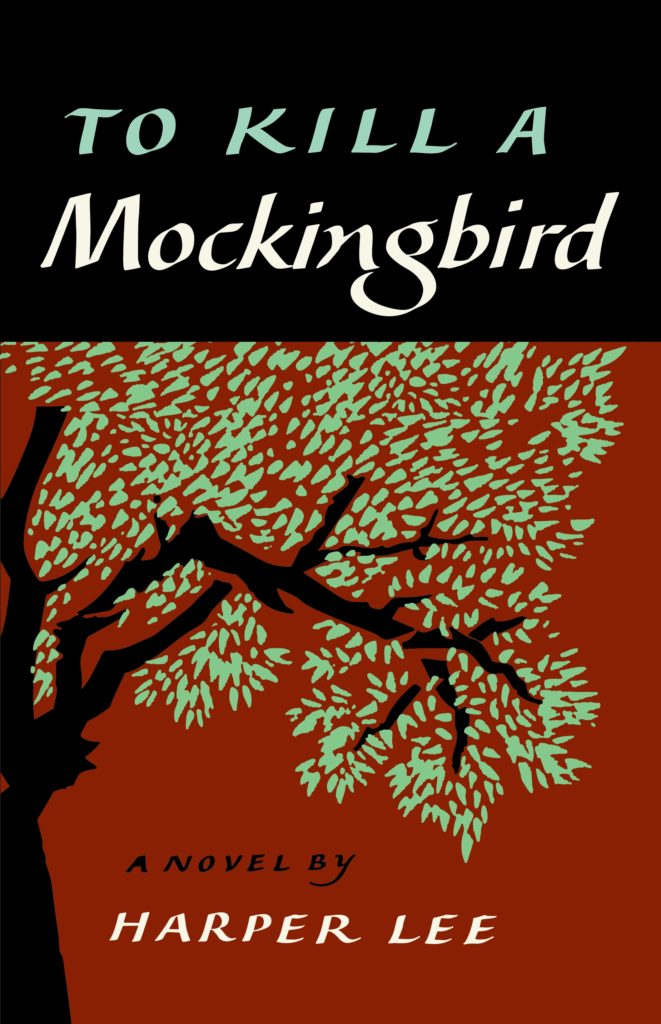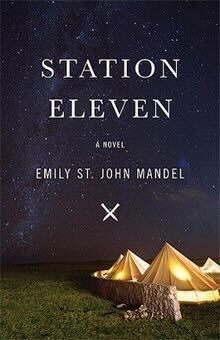While we are waiting to launch into our programming for our 2024 Big Read books, we want to take some time to revisit some of the pieces that have been published about our Big Reads of the past couple of years! Whether in places like the Holland Sentinel or published to scholarly databases, the Big Read has opened a platform for discussion on why a community reading project like ours can be important and essential to the people and places around us.
Check out some of our past stories and perspectives below!
“Who are Our Mockingbirds?”: Participatory Literacies in a Community-Wide Reading Program by Dr. Deborah Vriend Van Duinen and Dr. Kathryn Schoon-Tanis (2015)
Our first year of programming for the Big Read was based around To Kill a Mockingbird by Harper Lee. One activity included high school students and community members responding artistically to the question “who are the mockingbirds?” Based on the responses and the general reactions across the community to the program in its first year, Dr. Deborah Vriend Van Duinen and Dr. Kathryn Schoon-Tanis wrote this article exploring ways to interact with texts both in and out of the classroom.
Abstract:
Drawing on sociocultural perspectives of literacy, this Voices From the Field paper presents artifactual data collected during a community-wide reading program of To Kill a Mockingbird. During this program, over 400 high school students and community members participated in an art project in which they artistically responded to the question, “Who are the mockingbirds?” by reflecting on marginalized or oppressed people in their community. Findings suggest that there was significant variation in how participants artistically responded to the question prompt; there were differences in how participants drew on their own literacies to complete the project, how they visually communicated their ideas, and how they defined the community or audience for their work.
These findings suggest that more attention to embodied literacies, visual and critical visual literacy practices, and place-based pedagogies, is needed in both school and out-of-school contexts. Throughout the article, we provide several images of the completed individual mockingbirds as well as an image of the final collaborative mockingbird project.
“Who are Our Mockingbirds?”: Participatory Literacies in a Community-Wide Reading Program:
Vriend-Van-DuinenSchoon-Tanis_Final.pdf (uga.edu)
My Take: Big things for Big Read in fifth year by Dr. Russ Dykstra (2018)
Dr. Russ Dykstra shares his story of involvement with the Big Read in the first five years, going from a community member curious to learn more to helping pick out books and creating helpful resources for others to dive deeper into the books. He highlights the various local organizations that provided programming and some of the ways the Big Read took a unique approach to reading these books. You can see how the Big Read grew and evolved over the first five years, and these same hopes for the local businesses and community members to make new connections continue into our eleventh year!
My Take: Big things for Big Read in fifth year (hollandsentinel.com)
Post-apocalypse books teach us valuable lessons By Dr. Deborah Vriend Van Duinen (2020)
During the beginning of the 2020, many people in our community who had participated in the previous year’s book, Station Eleven, Big Read found an eerie connection between the pandemic-based contents of the book and the ongoing struggles with COVID-19. However instead of focusing on the fear and chaos, Station Eleven also has a message of hope and the ways the arts bring out humanity even in dark times.
Even though this article was written in the very beginning of COVID, this idea and the themes talked about during the 2018 Big Read became very evident as people turned to creative means during the fear of a lockdown and sickness. This article connects to one of the biggest hopes of the Big Read: that the lessons of kindness and hope that come out when we read, talk, and listen with each other will make us all stronger and better as a community.
Post-apocalypse books teach us valuable lessons (hollandsentinel.com)
Carrying the Stories of Las Mariposas: Literacy as Collective and Transformative By Dr. Deborah Vriend Van Duinen (2021)
Another look at how the Big Read has made an impact on our local communities in 2021, this article takes a look specifically at how literature and community based reading programs like the Big Read Lakeshore opens up avenues to talk about issues both current and historical that might be otherwise overlooked. Students and community members were challenged to think about what local issues are often neglected, and stories that had been forgotten were able to be heard.
Abstract:
“Literacy is often understood as the acquisition of individual skills and knowledge. In this essay, I explore different approaches to understanding literacy that focus on social meaning-making and action. Drawing on historical examples of literacy learning and my recent experiences in a community-wide reading program focused on Julia Alvarez’s (1994) In the Time of the Butterflies, I use the concept of ‘carrying stories’ to reflect on how literacy learning can be collective and transformative for self and society.”





